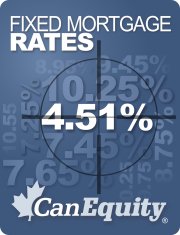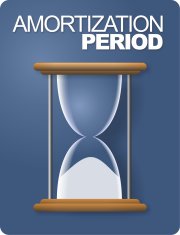The International Comparison of Mortgage Product Offerings report released this September, composed by Dr. Michael Lee for the Research Institute for Housing America (RIHA), has revealed many oddities regarding the American mortgage market.
For starters, for a developed country, the U.S. has an atypically high proponent of mortgagors opting for longer term fixed rates. Securitization also plays a larger role in providing housing financing than in other countries, such as Australia where securitization plays virtually no role but interest rates are overall higher.
Continue reading “The Unusual Mortgage Market of the United States”







